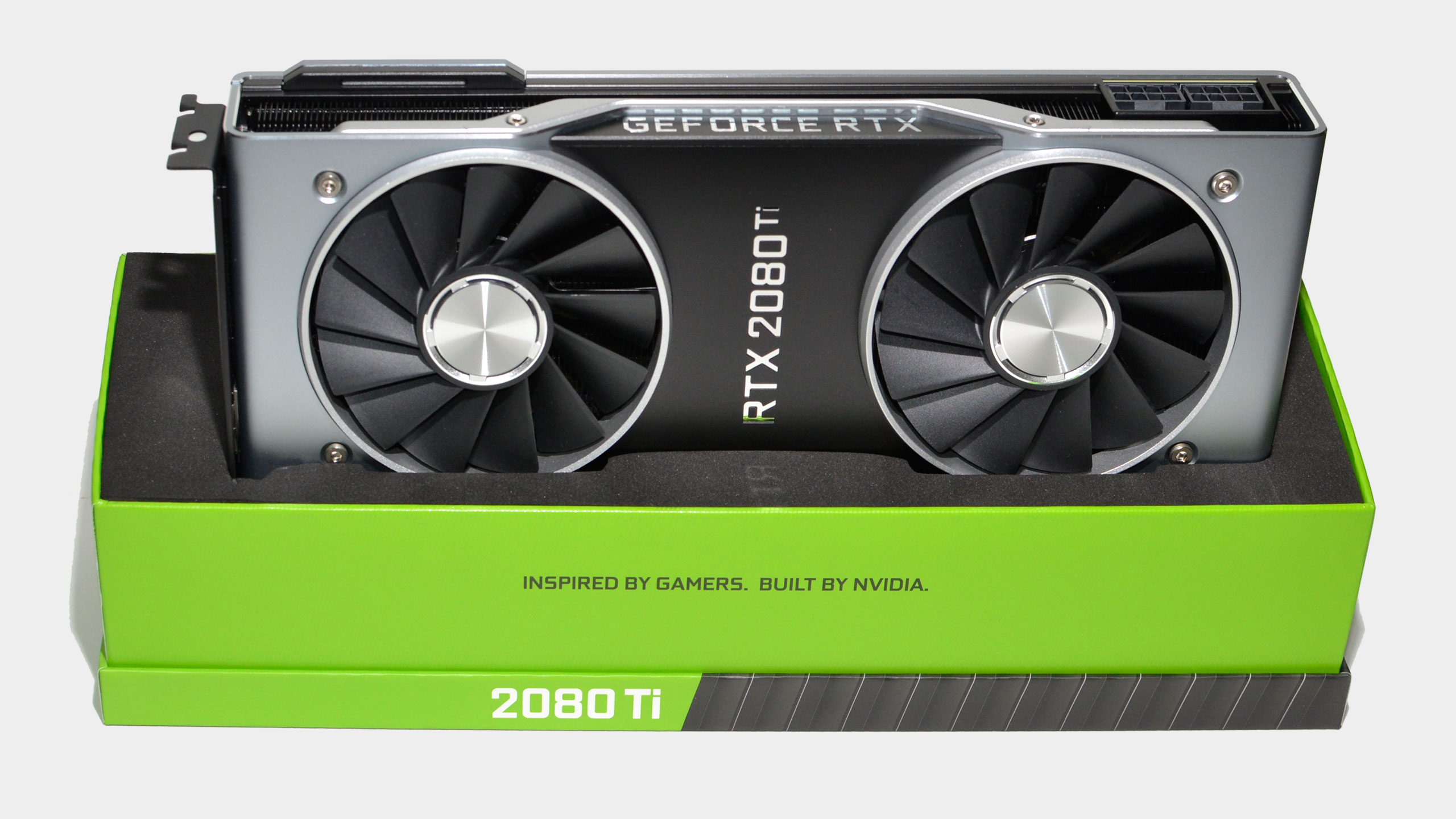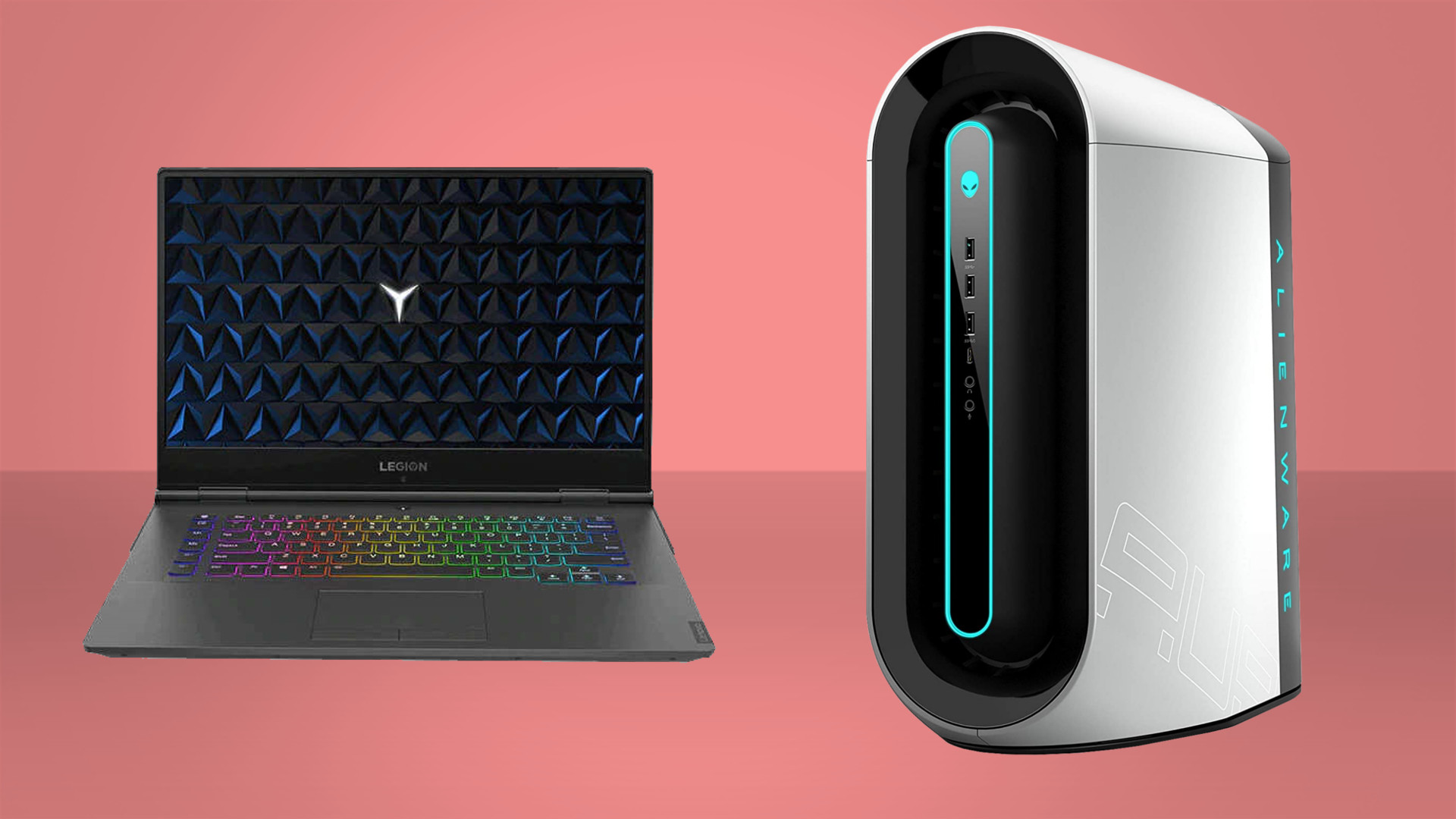Jen-Hsun plans on sticking around as Nvidia CEO in meat and robot form for another 100 years or so
Jen-Hsun Huang's CNBC has been published in its full form ahead of today's GTC keynote.
Jen-Hsun Huang is the longest running tech CEO on the planet, having co-founded Nvidia in 1993 with Chris Malachowsky and Curtis Priem. He has served as president and chief executive officer since its inception and has no plans to give it up. In fact he's banking on a robotic future that will see him continuing on as CEO for another 100-odd years.
In another four decades, I'll be robotic.
Jen-Hsun Huang
Ahead of today's GTC Keynote Jen-Hsun's interview with CNBC's Katie Tarasov has been published in full on YouTube. He covers a range of topics, from waxing lyrical about hand delivering the first server to ChatGPT's creators, OpenAI, to why gamers should be grateful for Nvidia's diversions away from pure gaming graphics, and how to diversify in the face of threats to TSMC.
But he wraps up the interview answering Tarasov's question as to whether there was any end in sight for him at the head of Nvidia.
"I feel like I'm making a real contribution to the company…and so I think for so long as I believe I could do that, and I don't know exactly how long that's going to be, but three or four decades I would say."
As a "sprightly and enthusiastic and energetic" 60 year-old that would take the Nvidia CEO up into his nineties as company's number one. How does he plan to carry on that long? Has Nvidia's researchers been investigating the elixir of youth?
Maybe. But if it has, it's been focusing on a silicon-based solution, because Jen-Hsun's planning on continuing as a metallic CEO for at least the next 70 years or so.
"In another four decades, I'll be robotic," he says with a smile, "and, maybe another three or four decades after that. So hopefully I'll get to enjoy this for a very long time."
Keep up to date with the most important stories and the best deals, as picked by the PC Gamer team.

And why should gamers be grateful that Nvidia has diversified away from gaming as its pure focus? Ray tracing. Without all the research work it's put in over the years we wouldn't have the real-time lighting effects we do today.
"If not for all our work in physics simulations," he says, "if not for all our research in artificial intelligence, what we did recently with GeForce RTX would not have been possible.

Best gaming PC: The top pre-built machines from the pros
Best gaming laptop: Perfect notebooks for mobile gaming
"We invented this new way of doing computer graphics: ray tracing, and basically simulating pathways of light and simulate everything with generative AI. And so we compute one pixel and we imagine with AI the other seven. It's really quite amazing. Imagine a jigsaw puzzle and we gave you one out of eight pieces and somehow the AI filled in the rest."
Well, I imagine it would pretty much take all the fun out of jigsaw puzzles, but we'll let that slide, because Nvidia is offering its magic Frame Generation tech as a plugin via its Streamline 2.0 SDK. That should make it easier for developers to implement without having to deep code it into their own game engines.
But it's going to be integrated into Epic's Unreal Engine 5.2 as a dedicated plugin for that widely used development tool anyway.
Nvidia's also making the Nvidia RTX Path Tracing SDK, the one it used for Portal RTX, available to developers at the Game Developer Conference going on just down the road from its own GTC event around the same time.

Dave has been gaming since the days of Zaxxon and Lady Bug on the Colecovision, and code books for the Commodore Vic 20 (Death Race 2000!). He built his first gaming PC at the tender age of 16, and finally finished bug-fixing the Cyrix-based system around a year later. When he dropped it out of the window. He first started writing for Official PlayStation Magazine and Xbox World many decades ago, then moved onto PC Format full-time, then PC Gamer, TechRadar, and T3 among others. Now he's back, writing about the nightmarish graphics card market, CPUs with more cores than sense, gaming laptops hotter than the sun, and SSDs more capacious than a Cybertruck.

